Finding the right assisted living or nursing home community can be overwhelming; however, it's a crucial decision that requires thorough research and consideration. Prioritizing certain factors can significantly impact the quality of care and overall experience for you or your loved one. In today’s post, we outline key considerations to guide you through this important process.
Research the Right Facility
Utilize online resources to find detailed facility reports and pricing information, allowing for informed decision-making. Transparency in information demonstrates a commitment to openness and accountability. Read reviews from other families to gauge satisfaction and suitability, gaining insights into the daily life and atmosphere of the facility. Evaluate payment options and available amenities for a comprehensive understanding of what each facility offers and how it aligns with your preferences and needs.
Investigate Staffing and Reputation
Assess the staff-to-resident ratio to ensure personalized attention and care. A lower ratio often means residents receive more individualized support, fostering a sense of community and security. Verify the qualifications of healthcare professionals for expertise and competence, ensuring they possess the necessary credentials and experience to meet your needs. Research the facility's reputation for consistent, high-quality care provision by seeking feedback from current and former residents and their families. A strong reputation indicates a commitment to excellence and resident satisfaction.
Understand the Full Cost of Care
Gain clarity on the complete cost of care, including any additional fees that may arise over time. Transparency in pricing fosters trust and confidence in the facility's financial practices. Consider budgetary implications and financial planning for comprehensive coverage, allowing for peace of mind knowing all expenses are accounted for and manageable within your means.
Create a Financial Plan
Exploring the financial aspects of transitioning into assisted living or nursing home care is crucial, with costs often being a significant factor in decision-making. For those considering leveraging their home's equity, understanding the net proceeds from a sale is essential. This involves accounting for any realtor commissions, the remaining mortgage balance, and local market trends that influence sale prices. Such financial preparation not only illuminates the feasibility of affording quality care but also aids in planning for a sustainable future in a chosen community.
Ensure Safety and Accessibility
Confirm adherence to safety standards for peace of mind and assurance of a secure living environment. Safety protocols and procedures should be readily available and consistently enforced to mitigate risks and ensure resident well-being. Look for accommodations for mobility issues, such as handrails and wheelchair ramps, to promote independence and accessibility. Ensure the presence of emergency response systems for prompt assistance during unforeseen circumstances, providing reassurance to residents and their families.
Explore the Range of Services
Evaluate the breadth of services offered, from medical care to recreational activities, to ensure comprehensive support for physical, emotional, and social well-being. A diverse range of services caters to varying needs and interests, promoting a fulfilling and enriching lifestyle for residents. Consider amenities like private rooms, gardens, and recreational areas for enhanced quality of life and enjoyment of daily living.
Consider Location and Proximity
Assess the location relative to family, friends, and familiar surroundings for emotional support and social connections. Proximity to loved ones facilitates regular visits and involvement in the resident's life, promoting a sense of belonging and community. Ensure easy access to local healthcare facilities for comprehensive medical care and specialized services, minimizing logistical challenges and ensuring prompt attention to healthcare needs.
Prioritize Individualized Care Plans
The adaptability of care plans to individual health and wellness requirements is also paramount. It's essential to engage with facilities that offer customized care strategies, ensuring they can accommodate the evolving needs of residents. This includes evaluating how the community assesses and adjusts these plans over time, reflecting changes in health status or personal preferences. By prioritizing personalized care, one can secure an environment that not only meets current needs but also adapts to future changes, fostering a sense of security and well-being.
Finding the right assisted living or nursing home care involves thorough research and consideration of various factors. By prioritizing staffing, reputation, costs, safety, and more, you can make an informed decision that prioritizes quality of life and well-being. Remember, each individual's needs are unique, so take the time to find the perfect fit.
About the author
June Duncan is the co-creator of Rise Up for Caregivers, which offers support for family members and friends who have taken on the responsibility of caring for their loved ones. She is author of the upcoming book, The Complete Guide to Caregiving: A Daily Companion for New Senior Caregivers.

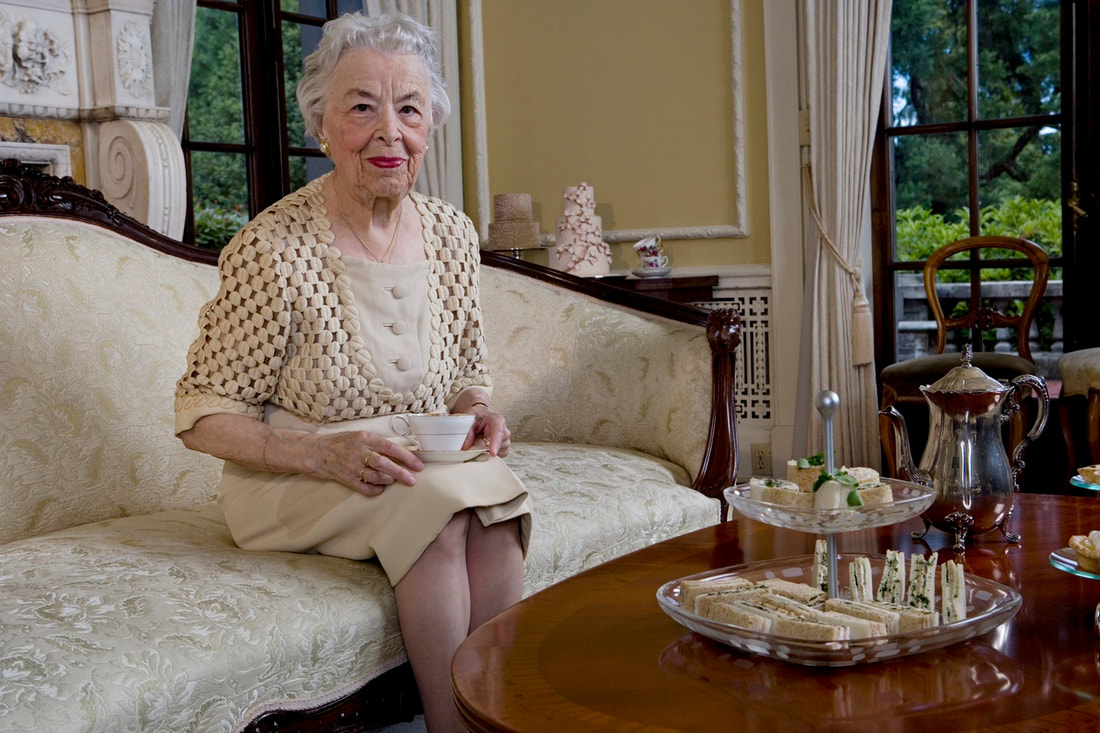
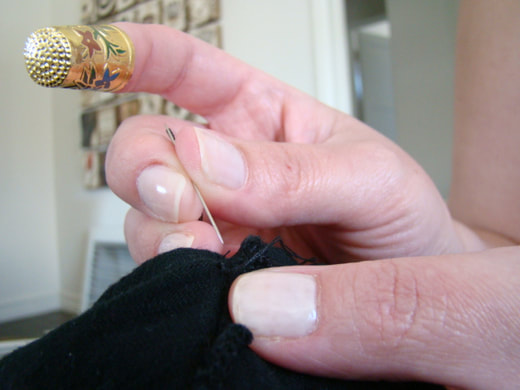

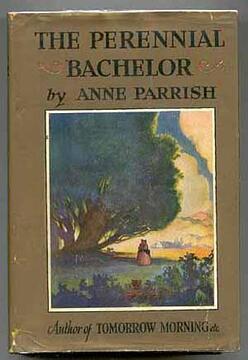
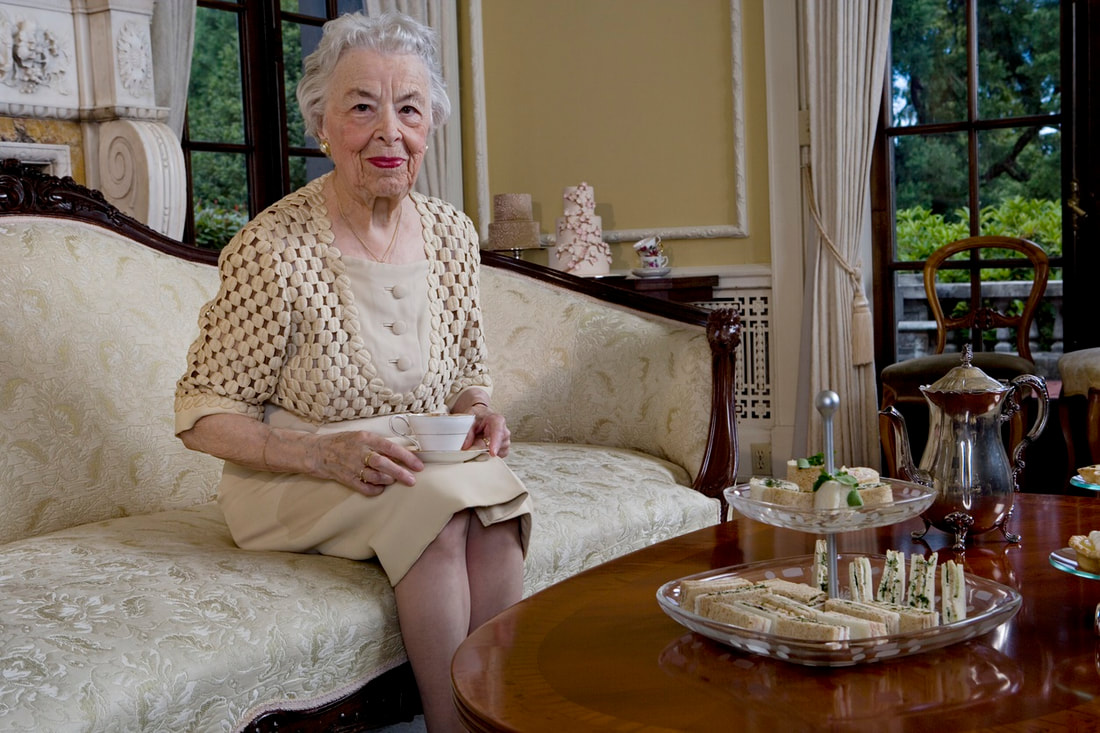
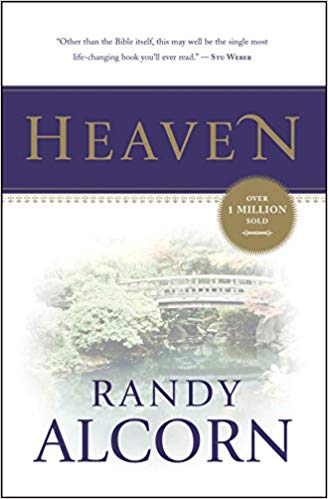
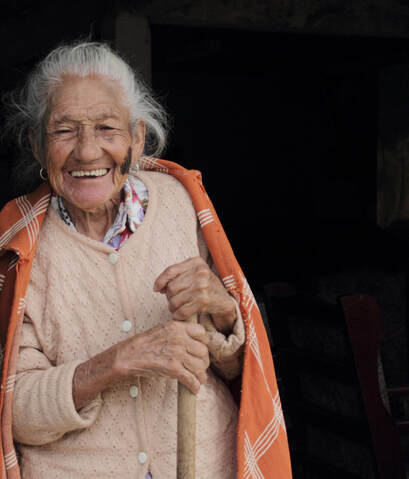

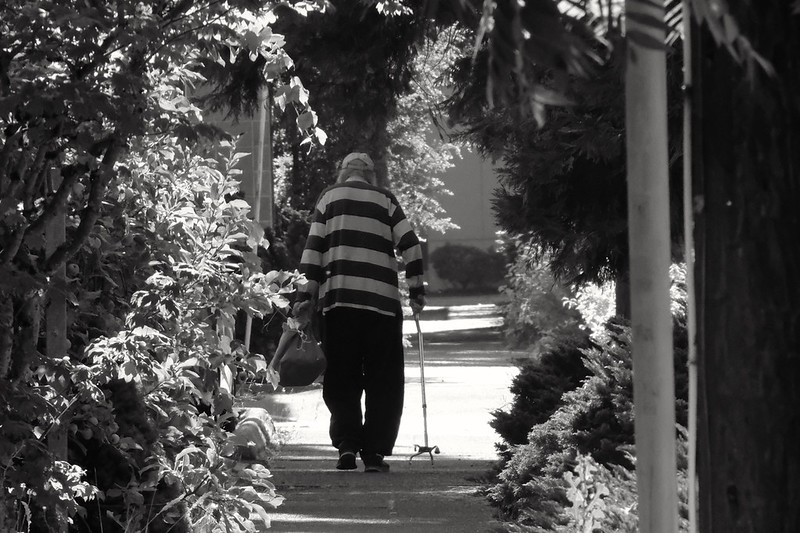

 RSS Feed
RSS Feed